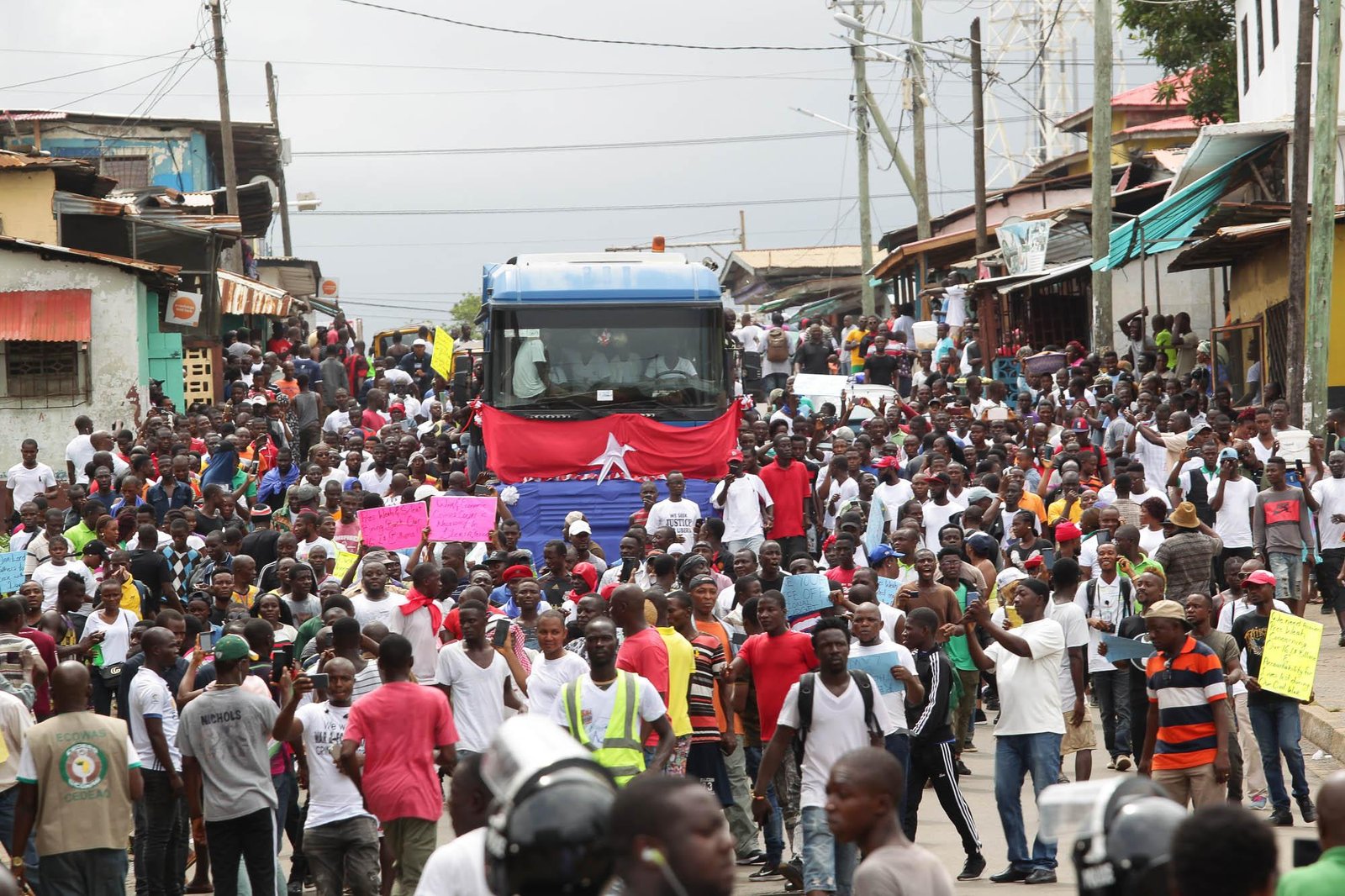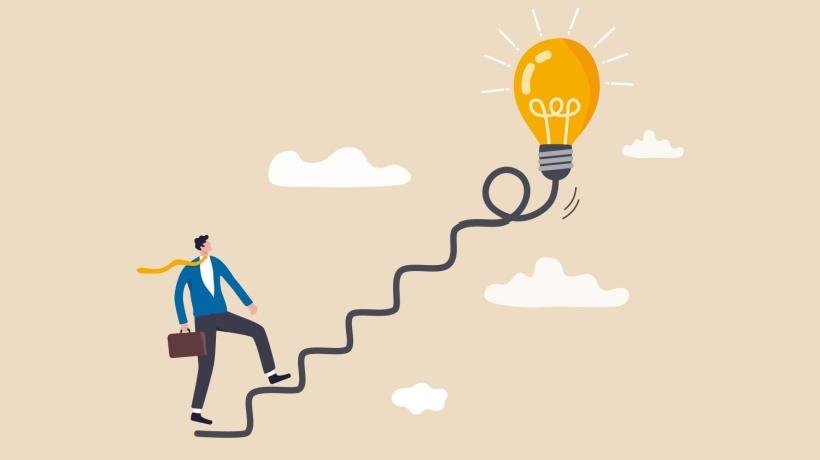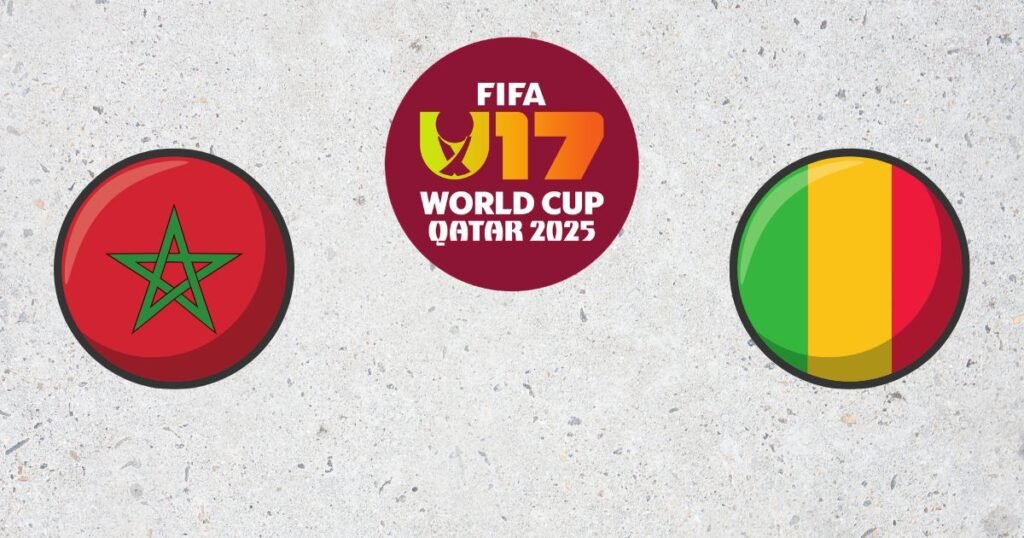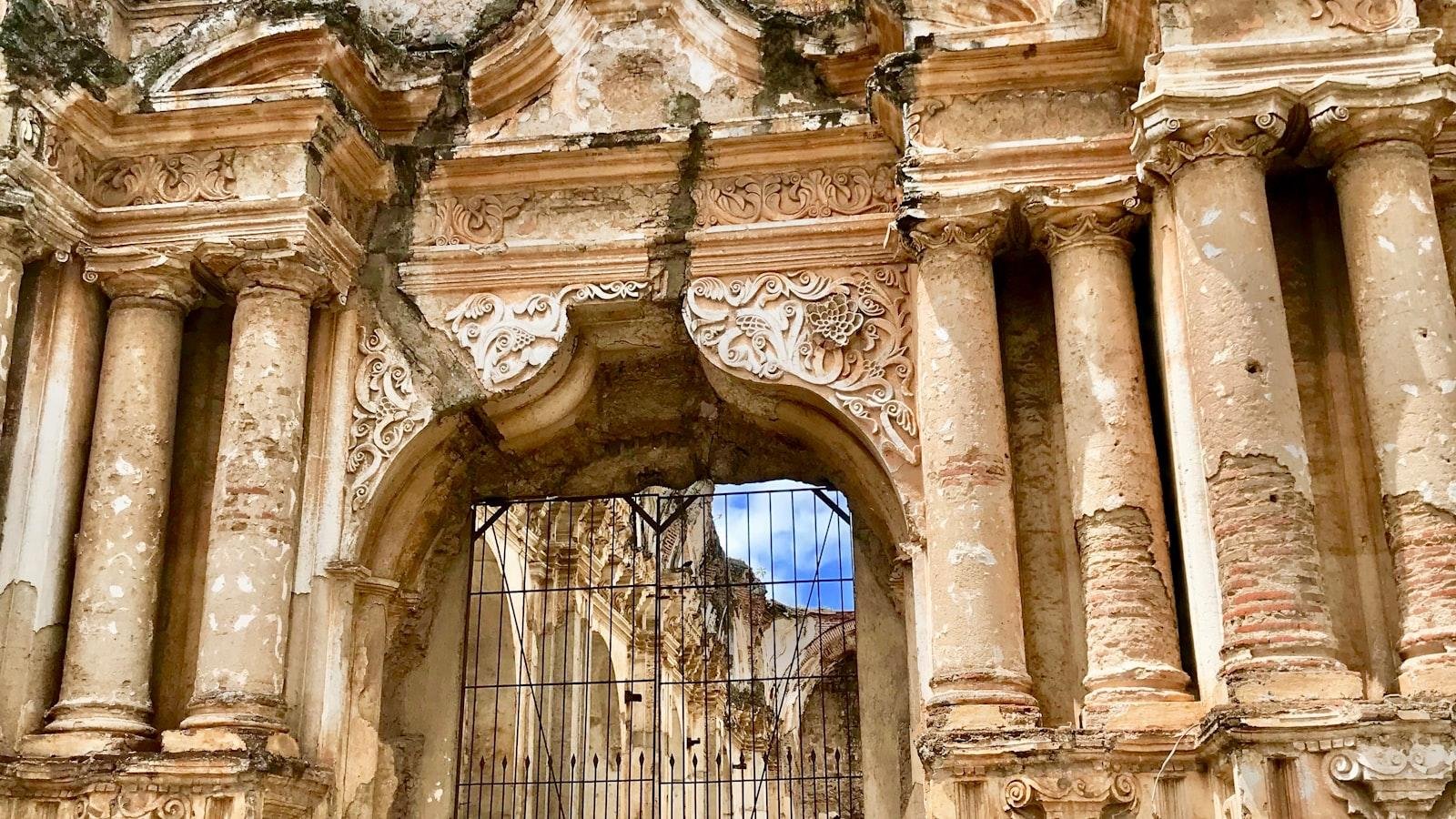Now Reading: Liberia
- 01
Liberia

Liberia
Liberia, located on the western coast of Africa, is a country rich in history and culture. From its founding as a haven for freed American slaves to its more recent struggles with civil war and economic challenges, Liberia’s story is a complex and fascinating one. In this article, we will explore the history, people, economy, and current developments in this unique African nation.
History and Impact of Liberia’s Civil War
Liberia’s civil war, which spanned from 1989 to 2003, was a devastating conflict that resulted in widespread destruction and loss of life. The war was fueled by deep-rooted political and ethnic tensions, as well as economic disparities within the country. Various factions, including rebel groups and government forces, engaged in violent clashes, leading to a humanitarian crisis that affected millions of Liberians.
The impact of Liberia’s civil war has been profound, leaving a legacy of trauma and instability that continues to affect the country to this day. The war resulted in the displacement of a significant portion of the population, as well as the destruction of infrastructure and institutions. Additionally, the conflict had long-lasting social and economic repercussions, further exacerbating poverty and political instability in Liberia.

Challenges Facing Liberia’s Post-war Reconstruction
The
One of the main is the lack of infrastructure. Many roads, bridges, and buildings were destroyed during the civil war, making it difficult for the country to rebuild and develop. Without adequate infrastructure, it becomes challenging for businesses to operate efficiently and for people to access healthcare, education, and other essential services.
Another major challenge is the high levels of corruption in the country. Corruption not only hinders economic development by deterring foreign investment but also undermines the trust of the people in the government. Addressing corruption is crucial for ensuring that aid and resources are used effectively for the reconstruction efforts, and to rebuild the trust of the citizens in their government.
Economic Opportunities for Foreign Investors in Liberia
Liberia offers a plethora of economic opportunities for foreign investors looking to expand their portfolios in Africa. One of the key sectors with immense potential for growth is agriculture. The country boasts fertile land and a diverse range of crops, making it an attractive destination for agribusiness investments. Investing in agriculture in Liberia can yield high returns and contribute to the country’s goal of achieving food security.
Another promising sector for foreign investors in Liberia is mining. The country is rich in natural resources such as iron ore, gold, and diamonds. Investing in the mining industry can lead to significant profits and boost the country’s economy. Additionally, Liberia’s strategic location on the West African coast makes it a gateway to regional markets, providing ample opportunities for investors to establish trade networks and partnerships.
Education System in Liberia: Current Issues and Potential Solutions
The education system in Liberia faces a myriad of challenges that hinder the effective delivery of quality education. One of the main issues is the lack of sufficient infrastructure, including classrooms, libraries, and educational materials. This shortage results in overcrowded classrooms, limited access to resources, and ultimately, a decrease in the quality of education provided. Additionally, there is a shortage of qualified teachers in the country, leading to a high student-to-teacher ratio and impacting the overall learning experience.
One potential solution to these challenges is investing in infrastructure development and improving resource allocation within the education sector. By constructing more schools, equipping them with necessary materials, and providing ongoing support to teachers, the education system in Liberia can begin to address some of its most pressing issues. Additionally, implementing training programs for teachers and enhancing their professional development can help improve the quality of education delivered in the country.
Healthcare System in Liberia: Improvements and Recommendations
In recent years, Liberia has made significant strides in improving its healthcare system. One of the key areas of improvement has been the expansion of healthcare infrastructure, with increased investment in hospitals, clinics, and medical facilities across the country. This has helped to improve access to healthcare services for many Liberians, particularly those living in rural areas.
Additionally, the government has implemented various public health programs aimed at preventing and controlling diseases such as malaria, HIV/AIDS, and tuberculosis. These programs have helped to reduce the burden of these diseases on the healthcare system and improve overall health outcomes for the population. Moving forward, it is vital for Liberia to continue building on these improvements and address the remaining challenges in the healthcare system.
Key Takeaways
In conclusion, Liberia is a country with a unique history and a rich cultural heritage. Despite facing challenges such as poverty and political instability, the country is striving to overcome these obstacles and build a brighter future for its citizens. With its lush forests, diverse wildlife, and vibrant traditions, Liberia remains a place of beauty and resilience. As the country continues to develop and grow, it is important to recognize the progress that has been made and support ongoing efforts for positive change. Liberia may have faced its share of struggles, but its potential for greatness is undeniable.











